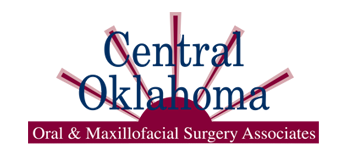Patients are strongly encouraged to begin considering how to replace a missing tooth before even undergoing the tooth extraction. This will allow patients to fill in the empty space in their smile as quickly as possible. Furthermore, in the case of dental implants, delaying tooth replacement can actually negatively affect treatment outcomes.
If you’re interested in a dental implant as a stand-in for a tooth that has been extracted, you should consult with an oral surgeon who is experienced in performing implant placement. Our surgeons can tell you whether there is adequate bone material to support the osseointegration process in which the jawbone fuses with the implant and makes it a fixture in the mouth.
That osseointegration gives the dental implant its durability and stability, which is a significant advantage over other tooth replacement devices, like bridges and dentures. Because its structure is similar to a biological tooth root, the dental implant helps to preserve the integrity of the jawbone in the socket. That bone will atrophy after tooth loss if the root structure is not replaced, as is the case with a dental bridge.
The consistency of the jawbone means that a prosthetic crown supported by a dental implant is far less likely to lose its fit over time than a dental bridge. Additionally, dental implants tend to be more effective at chewing thanks to that root-like connection between the prosthetic and the jaw.
Hopefully your cracked tooth can be saved, but if not, you do have alternatives. Prior to your tooth extraction or as soon as possible after, consult with one of our oral surgeons to learn more about dental implants and how they may benefit you.
Contact the office of Central Oklahoma Oral & Maxillofacial Surgery Associates today to make an appointment with our caring team.
